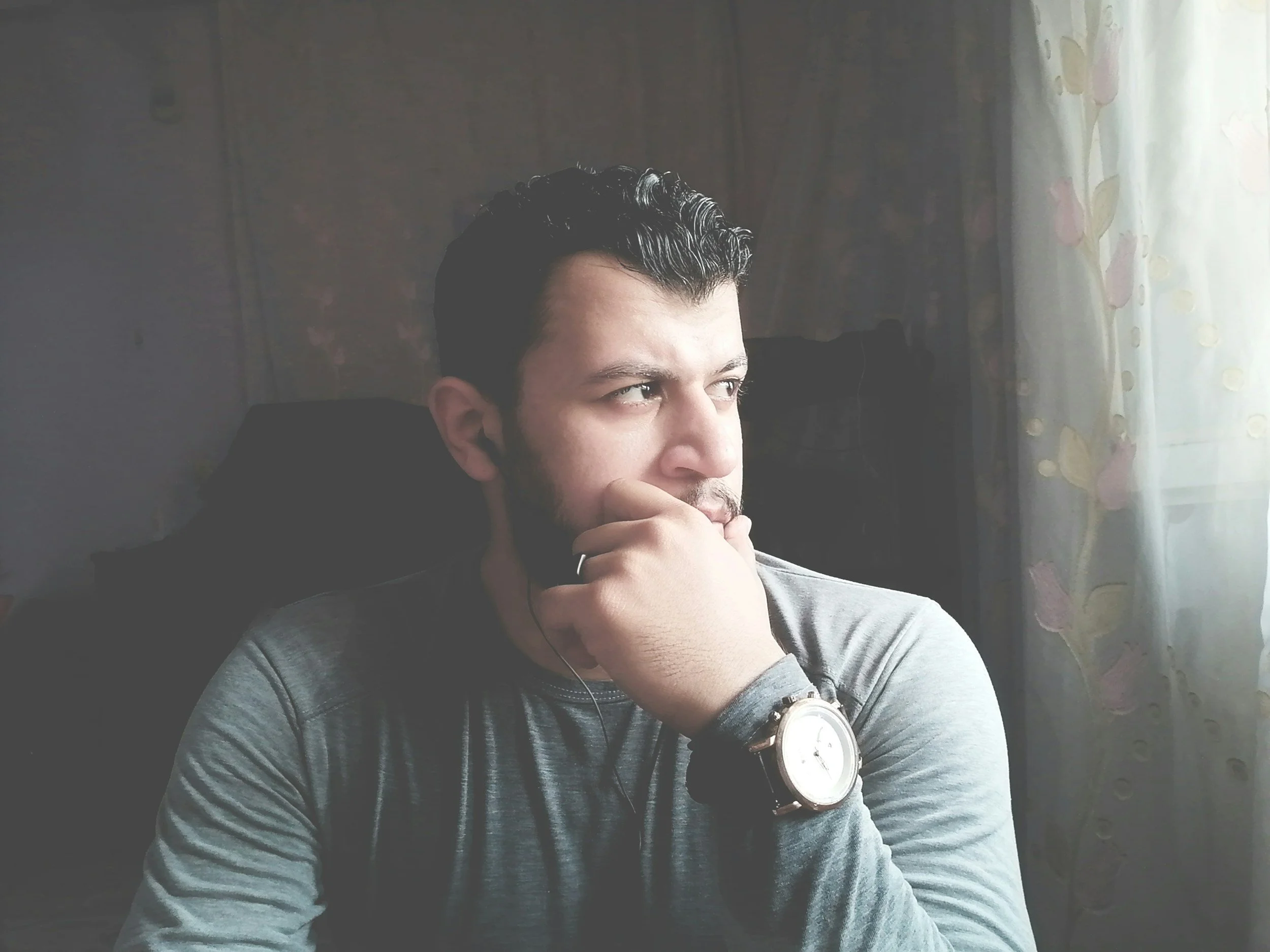What I Learned from a Complaint: Turning Pain into Professional Growth
A few years ago, I received a complaint from the family of a young man whose life we had once fought desperately to save. I remember the case vividly—he was gravely unwell, with a rapidly deteriorating condition. It was one of those high-stakes clinical situations where the team pulled together with remarkable focus and energy. We did everything we could.
But despite our best efforts, he died. The case had a profound impact on all of us - we were devastated.
It came as a shock, years later, to receive a complaint from his family related to his care.
At first, I couldn’t quite process it - I was genuinely shocked. My memories of the case were intense—of working long hours, making difficult decisions, and feeling emotionally invested in his outcome. I remembered standing at the bedside, doing everything humanly and medically possible. The suggestion that we had somehow failed him and his family was disorienting.
The complaint itself, when it came down to it, wasn’t about negligence or clinical error. It was about a moment of miscommunication—something that felt, on the surface, almost trivial. A sentence misunderstood. A tone taken the wrong way. It was the kind of thing that happens in every hospital, every day. But for this family, it had lingered. It had hurt. And they needed it acknowledged.
The issue was resolved relatively quickly once we understood what had happened. But despite the resolution, I was left deeply affected.
The Emotional Weight of Being Accused
There’s something profoundly destabilising about receiving a complaint, especially when you’ve given your all. In medicine, we’re trained to take responsibility, to care deeply, to strive for excellence—and also to steel ourselves. But complaints pierce that armour. They provoke shame, defensiveness, even anger. For months, I replayed the events in my mind, wondering how such a small thing could overshadow everything else we did.
I began to doubt myself. I wondered if the family had seen something I hadn’t. Was I too blunt? Too tired to notice how they were feeling? The idea that my actions—despite all the effort and intention—had caused harm to them was crushing.
Reflection as a Form of Recovery
Eventually, I realised I needed to make sense of the experience in a more constructive way. It wasn’t enough to shrug it off or bury the discomfort. I began a process of reflection—not just on what happened, but on how I responded to it emotionally, and what it might teach me.
What struck me most was how easy it is for miscommunication to take root. In the context of intense clinical care, with adrenaline running and a dozen decisions competing for attention, we often believe we’re communicating clearly. But clarity isn’t defined by what we say—it’s defined by what the other person hears.
For the family, still frightened and unsure, that moment lingered long after the machines had been turned off and the crisis had passed.
The CPD Opportunity Hidden in the Pain
For me, this experience became a powerful moment in my self-development. Not because I had to tick a box—but because it led to meaningful change. I used a reflective model to walk through the situation: What happened? What was I feeling? What could I have done differently? What will I change in the future?
I shared the experience with a colleague and asked for their perspective. I revisited communication strategies in critical care. I even rethought how I speak to families during moments of high acuity—how to be efficient but still present, how to check for understanding in the moment.
Most importantly, I wrote it down. Not as an apology, not for an audit, but for myself. To fix the lessons more firmly in my mind. To transform the sting of the complaint into something useful.
Professional Growth Requires Vulnerability
It’s easy to think of CPD as something external—lectures, journals, simulations. But sometimes, the most important development comes from the hardest moments. A complaint, painful as it is, can be a turning point. Not because it teaches you something you didn’t know, but because it makes you stop, look again, and ask yourself the kind of questions that improve who you are—not just as a doctor, but as a person.
That complaint didn’t make me a worse doctor. In the end, it made me better. Not because I got something wrong, but because I chose to learn from it.
And that, I think, is what real CPD looks like.


